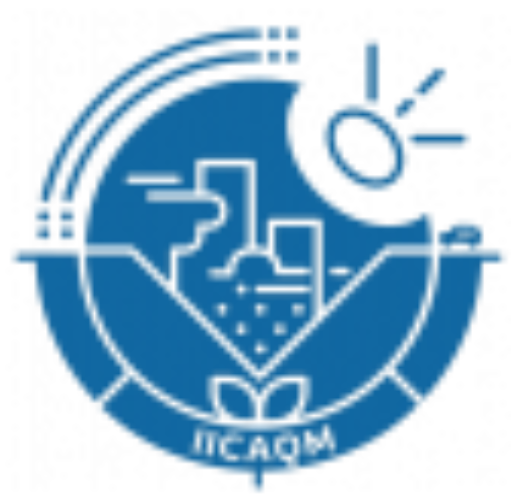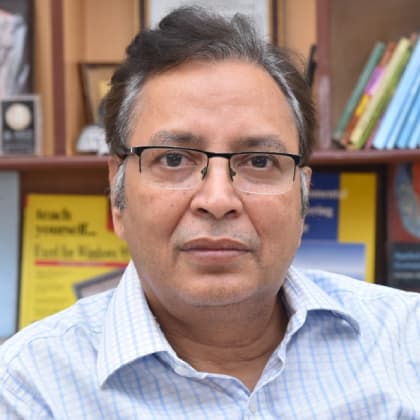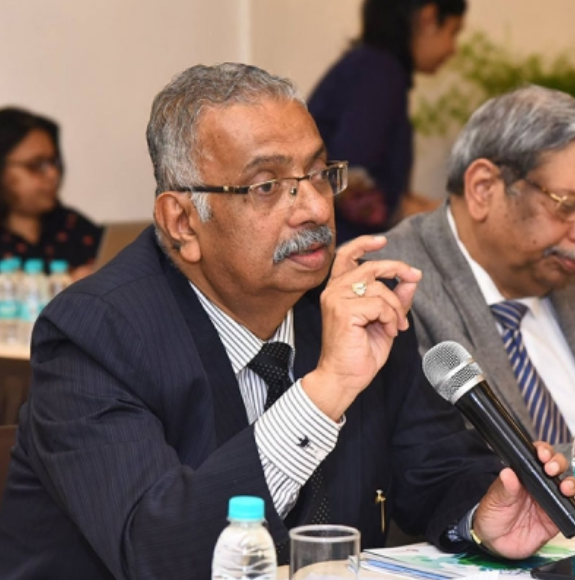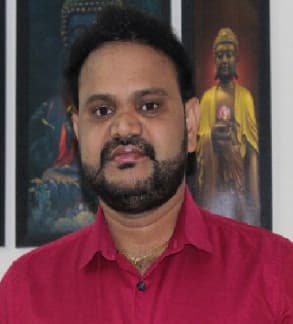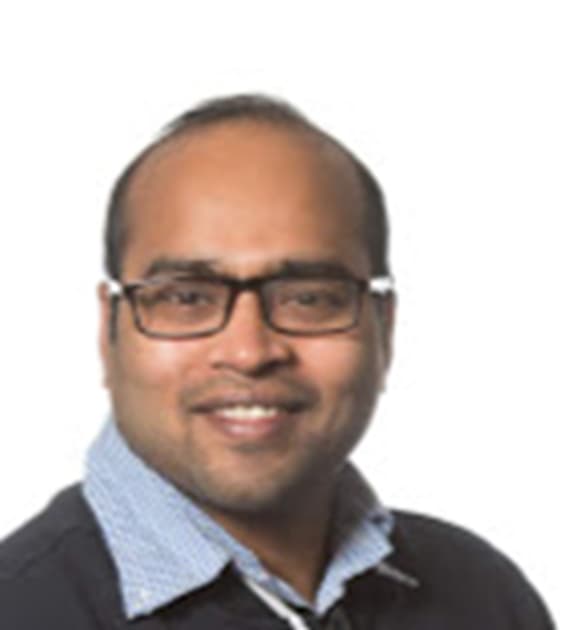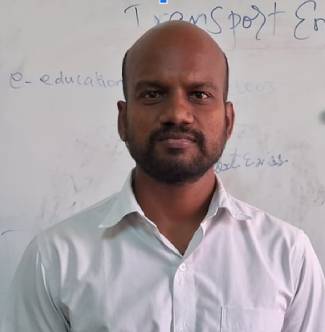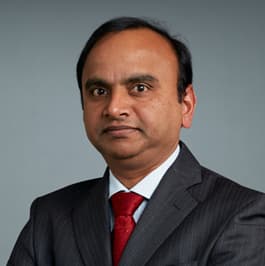Prof. Mukesh Sharma
IIT Kanpur
Real-time source apportionment for quick air quality actions
ABSTRACT
Understanding the air pollution sources is important to control and prevent PM2.5 emissions. In previous studies, typical ambient sampling devices collect integrated average samples of long durations and are sent off to the laboratory for a time-consuming and labour-intensive analysis; this invariably provided low temporal resolution of 6-12 months which was not effective in taking short- or long-term actions. Thus, there is a need of the hour that one should move from low temporal resolution source apportionment to high-resolution source apportionment studies i.e., real-time source apportionment. This enhancement will provide instant results and quick decision-making for the timely control of air pollution emissions. Such an effort will require the establishment of a state-of-the-art supersite capable of monitoring PM2.5, NO2, NOx, CO, SO2, Ozone, elemental carbon, organic carbon, PAHs, elements, ions, secondary inorganic and organic aerosols, molecular markers, and other organic compounds. This can provide daily, weekly, monthly and seasonal interpretation of air quality to establish detailed and reliable source-receptor linkages for real-time source apportionment and suggest a higher level of controls at major sources, for example, road dust, industrial emissions, and alternative fuels, household emissions and other non-point sources.
ABOUT THE SPEAKER
Dr. Mukesh Sharma, a Professor in the Department of Civil Engineering, Indian Institute of Technology (IIT) Kanpur, India, is a fellow of the Indian National Academy of Engineering and member of World Health Organization (WHO) advisory group on air pollution and UN Sustainable Development Goals. Dr. Mukesh Sharma obtained his bachelor’s degree in Civil Engineering from University of Indore, Master’s degree in Civil Engineering from IIT Kanpur and a Ph.D. Degree from University of Waterloo, Waterloo, Canada in 1994. Prior to Joining IIT Kanpur in 1997, he was employed with Central Pollution Control Board (CPCB), Delhi. He has been a visiting professor at University of Guelph, Canada and Kyoto University, Japan. His areas of research: air quality monitoring, modelling and management, exposure assessment and simulations. He has published/presented over 130 papers in journals and conferences. His significant contributions include (i) expert adviser to international agencies, WHO, International Council for Clean Transport (ICCT), Clean Air Asia, Manila, UNEP and the World Bank; (ii) development of national air quality index for the overall status of air quality and health impacts; and (iii) formulation of national air quality standards. International, national media and journals have highlighted his work; Nature, Science, The Economist, UK, British Broadcasting Corporation, Time Magazine, and Wall Street Journal.
